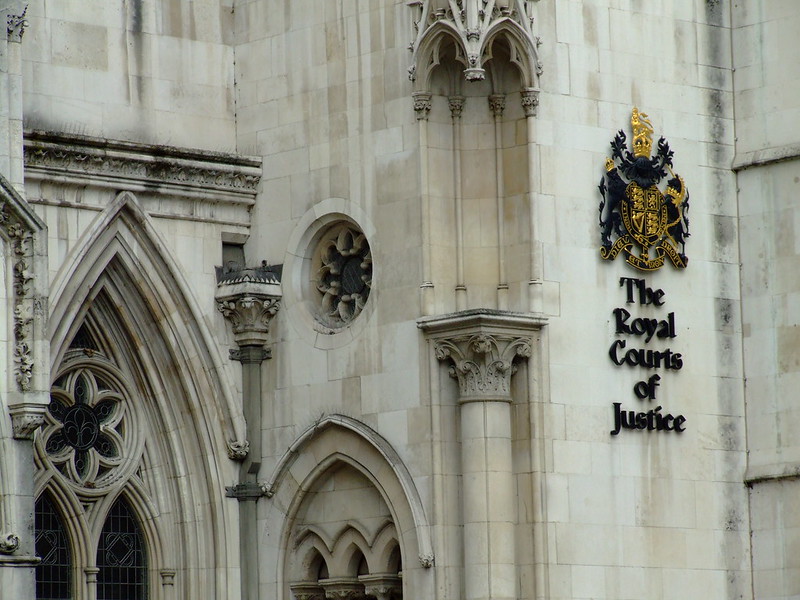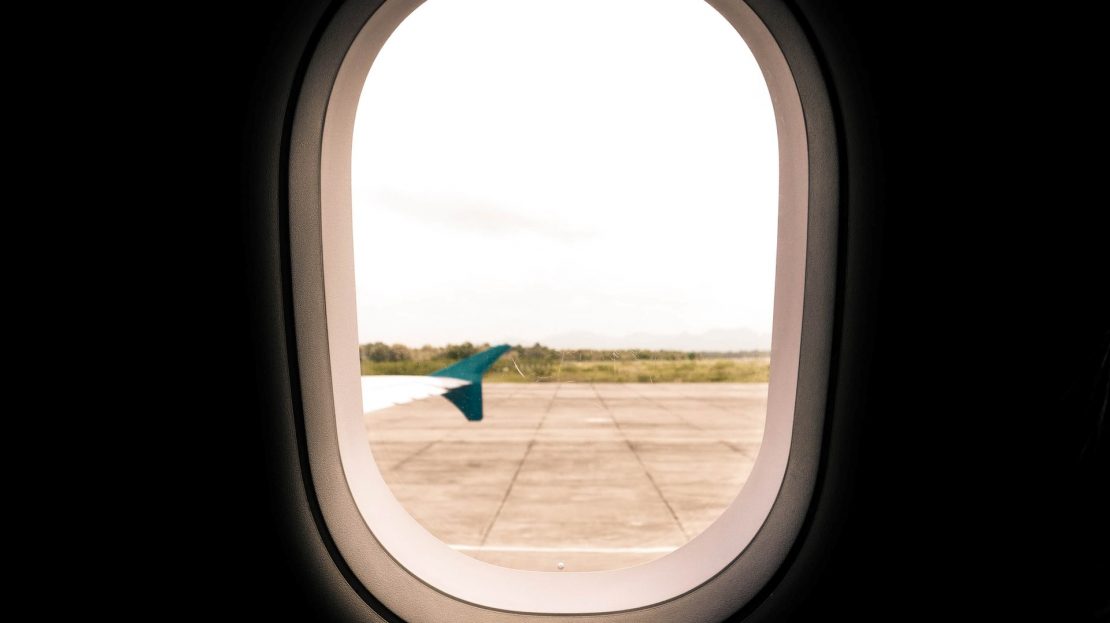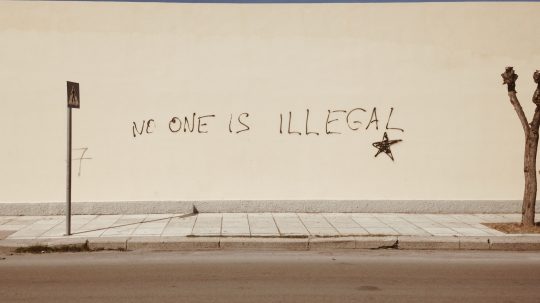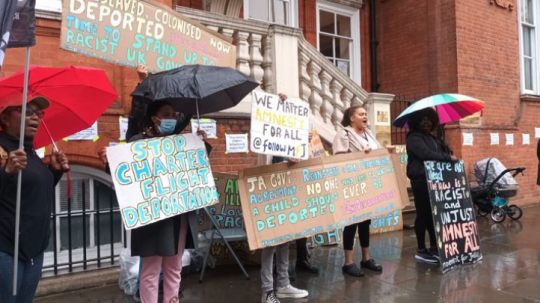Today marks the final hearing for Care4Calais’s and Detention Action’s cases to be heard, with a judicial review brought by Asylum Aid set for next month. Under the migration partnership that former home secretary Priti Patel signed with the Rwandan government, no deportation flights have taken off so far.
The hearing which finishes today began after a linked hearing on 5 September led by the charities Detention Action and Care4Calais, along with the Public & Commercial Services Union (PCS). The legal charity Asylum Aid has confirmed it will also be part of the review.
The Court highlighted that there are “serious triable issues” in the case. It also took note of evidence from the United Nations High Commission for Refugees (UNHCR) that those transferred to Rwanda will not have access to fair and efficient procedures for determining refugee status.
The European Court of Human Rights ruled that individuals should not be removed until domestic courts have decided whether or not the policy is lawful.
Detainees have just seven days to make their case
The controversial partnership was announced as a bid to tackle human trafficking. At the time, Patel said: “This is part of the United Kingdom’s New Plan for Immigration to control our borders, protect our communities, stop dangerous illegal migration, help the world’s most desperate people and welcome international talents to the UK.”
However, NGOs, MPs and even some of the Home Office’s own staff disagree. In fact, many are concerned it will strip refugees and asylum seekers of their rights, as the government has recently admitted that immigration plans have not provided safe government-backed routes for asylum seekers.
Under the current scheme, those who are due to be sent to Rwanda have ‘unreasonably’ tight timeframes to seek legal advice. Each person has seven days in order to seek protection, get legal advice and make their case while in detention.
Yesterday something truly inspiring happened. Outside the Royal Courts of Justice in London, and around the country, hundreds of ordinary people came out to stand up for what they believe in. It was a truly special moment and we were incredibly proud. pic.twitter.com/5u2I1WHx7s
— Care4Calais (@Care4Calais) September 6, 2022
Flights on hold, but for how long?
The PCS union, which represents Home Office workers, is leading the case against the government and said the Rwanda policy is “not only immoral and unlawful” but also “unworkable”.
The first flights to Rwanda were stopped with the help of dedicated asylum lawyers and later by the European Court of Human Rights, which stated that the removal of one claimant should be halted.
However, it remains unclear as to the government’s plans for further flights, as the newly appointed Home Secretary, Suella Braverman, is reportedly set to take a ‘harder’ stance on migration than her predecessor.
A judicial review date has been set
While today is the final hearing for Care4Calais and Detention Action, Asylum Aid gears up for their judicial review, which will take place on 10 October.
Asylum Aid says the current migration partnership makes a blanket assessment of Rwanda as a ‘safe’ country, sidestepping the government’s commitment to making case-by-case decisions about safety.
Kerry Smith, CEO of Asylum Aid, said: “The Rwanda plans pose a real risk that people may be removed without having had their rightful access to effective legal advice and the courts. So, we’ve launched a crowdfunder to help fund the fight against this deplorable policy in the High Court.”
The government recently lost a similar case
In May, the government lost a judicial review brought by Freedom From Torture. Sonya Sceats, the charity’s chief executive, declared that the victory in the judicial review was an example of what we can all do to defend our rights when we come together.
At the time, she said: “We shouldn’t have had to litigate for this government to recognise the sanctity of human life, but today’s victory shows what we can achieve when we come together to fight this government’s toxic anti-refugee ideology.”
The Home Office said: “Everyone considered for relocation will be screened, interviewed and have access to legal advice. Decisions will be taken on a case-by-case basis, and nobody will be removed if it is unsafe or inappropriate for them”.
“Those relocated will be given a generous support package, including up to five years of training, accommodation and healthcare. People are free to leave if they wish and they will not be detained. But those in genuine need of international protection will be provided with it in Rwanda.”





